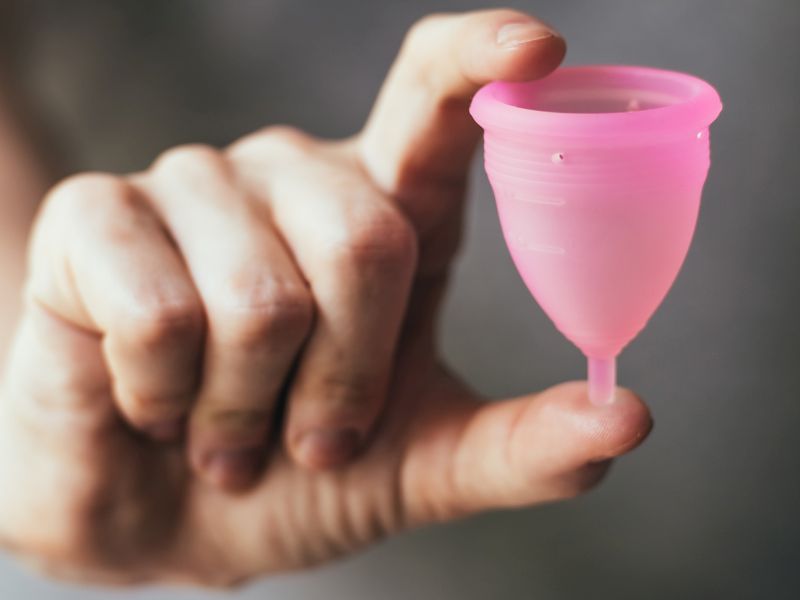
If you struggle with anxiety, you might want to skip that second cup of coffee, new research suggests. For some people, caffeine may help with concentration and provide an energy boost, but it can cause problems for those with general anxiety disorder, said Dr. Julie Radico, a clinical psychologist with Penn State Health. “Caffeine is… read on >






























